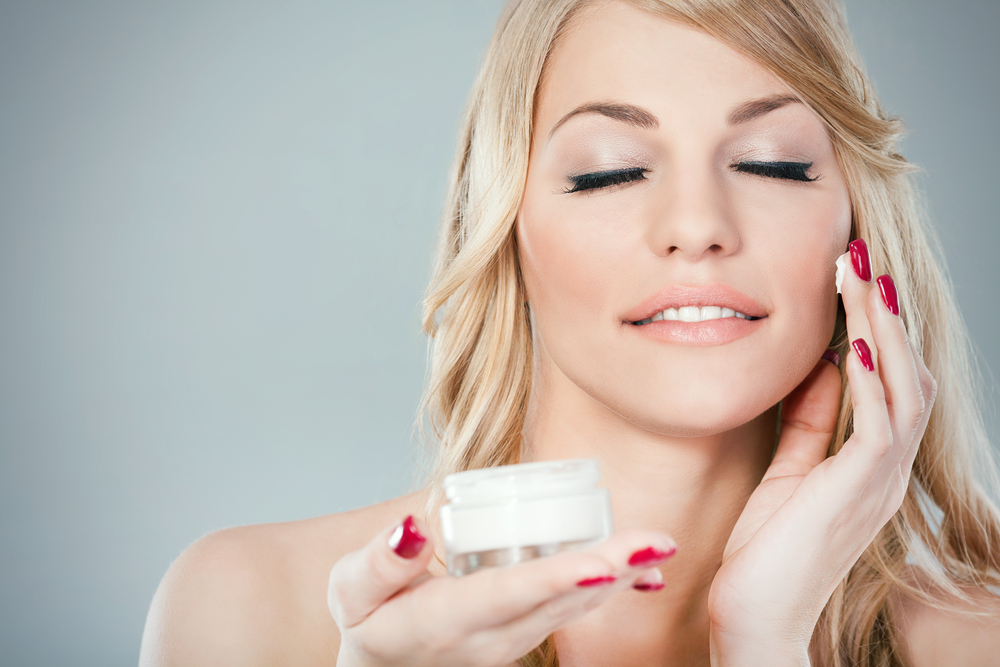Ingredient Combos to Avoid

The skin care industry is a world of countless ingredients being used to their best abilities. Each product you use has its share of both active and inactive ingredients. The mix of the two categories helps determine the potency and texture of most products. Active ingredients are what you’re looking for most of the time as they are the ones that are doing the work. Unfortunately, you don’t always want specific active ingredients working together as they can end up causing a problem or not doing anything for you at all. OROGOLD has put together a quick overview of some common ingredients that you want to avoid mixing on accident. Don’t worry if you’ve done it before as you had no way of knowing. Additionally, you have little to worry about when a particular combination neutralizes one another. The only thing to be worried about then is time wasted.
Tretinoin’s Not So Close Friends
Most people haven’t knowingly heard of tretinoin, but you or someone you know has probably used it. Its most common brand name is Retin-A. This form of retinol is popular in skin care thanks to its ability to help fight visible signs of aging. In essence, it helps smooth out wrinkles and can help deal with light skin discolorations. The problem comes in when you take into account its secondary effect: it dries out and sensitizes the skin. Many people unknowingly follow up using products with tretinoin in them with their usual skin care routine. Ideally, you should avoid utilizing any physical exfoliants when you’re using a product containing tretinoin or you’ll experience a sensation of light burning or scraping due to the induced sensitivity in your skin. You should also try to avoid using other products that dry out your skin. This includes any potent exfoliants, cleansers, and toners. You don’t need to give them up, but you shouldn’t include them in a routine at the same time you’re using a tretinoin including product.
One Hydroxy Acid Is Enough
Anyone fighting acne tends to try their hardest to get it under control. This means using a whole suite of products to try to make the breakout stop and begin to heal. People readily start doubling up on products if they feel that there isn’t enough evidence of their skin beginning to heal. OROGOLD strongly advises that you avoid doing this. Alpha hydroxy acids (AHAs) such as glycolic and citric acid are weaker than salicylic acid and this is indisputable. However, this does not mean that you should use an AHA and follow up shortly thereafter with a salicylic acid product. All hydroxy acid can and will dry your skin out. By doubling the amount of acids you’re using, you will dry your skin out to the point of potentially damaging it if you’re not careful. This can also cause your skin to start producing an excess of oil to try to repair the damage that drying your skin out causes and simply exacerbate the problem you were already fighting.
Benzoyl Peroxide Mistakes
Another good acne fighting ingredient is benzoyl peroxide. It helps in much the same way as other products as well as adding an anti-bacterial effect. It doesn’t always get along with other products though. Retinol products and benzoyl peroxide are one particularly annoying combination to try to use. They interact a little too well and end up nullifying their active effects when mixed. It may be better than drying your skin out, but no one likes to waste good products. Vitamin C heavy products tend to have similar issues when used alongside benzoyl peroxide. You can enjoy all of these products, but you’ll need to stagger when you use them. It is best to avoid using any nullifying product on the same day as you use benzoyl peroxide if you want to get the best results.
Bad product combinations don’t always mean something horrible and damaging to your skin happens. They do mean that you end up not caring for your skin as effectively as you want to though. OROGOLD recommends trying to keep these potential skin care mistakes in mind the next time you’re reviewing your skin care routine. Try asking your esthetician for recommendations as well to find out any more obscure mixes to avoid. Staying aware of these little pitfalls helps you care for your skin effectively.

